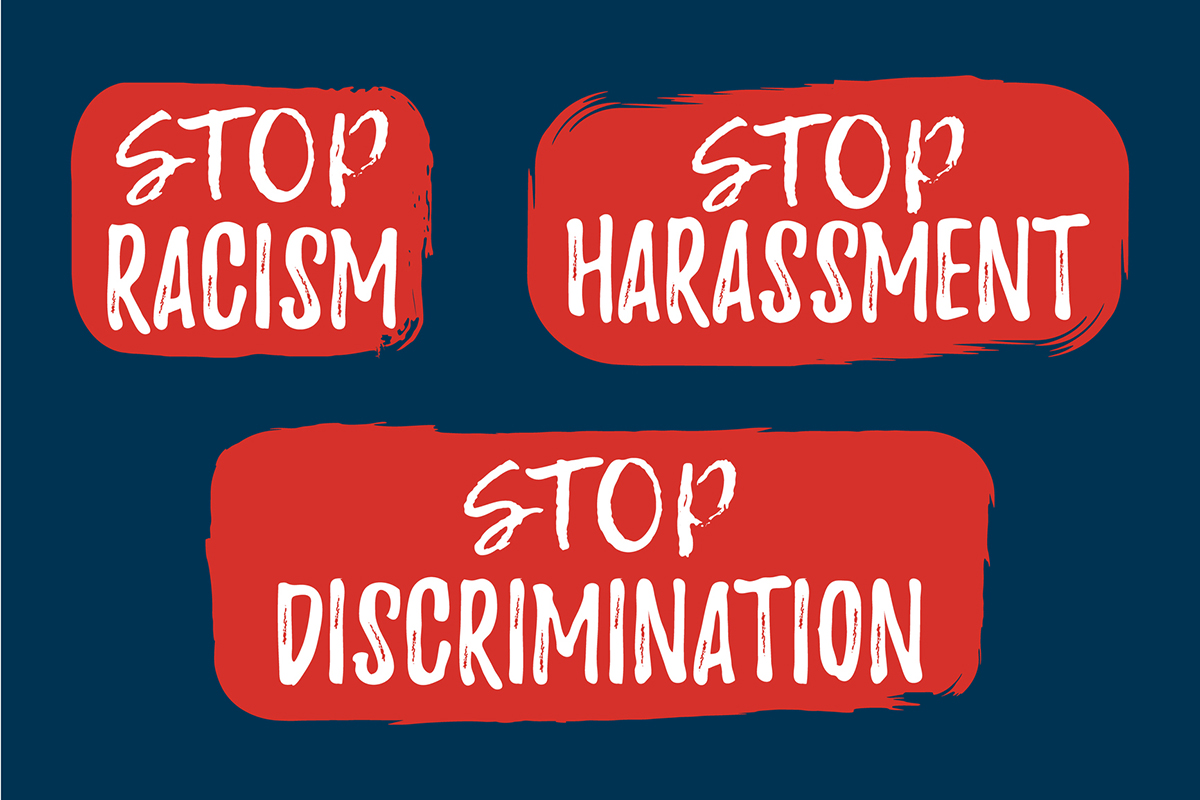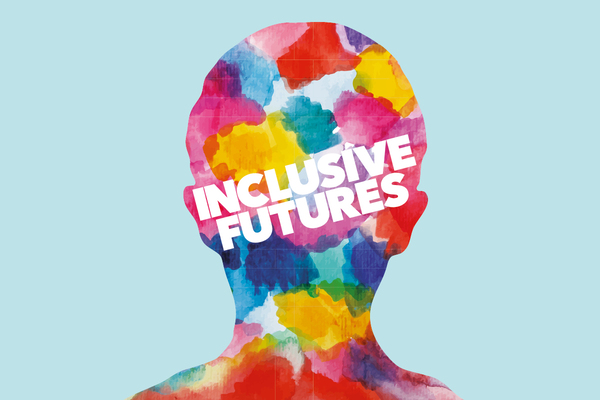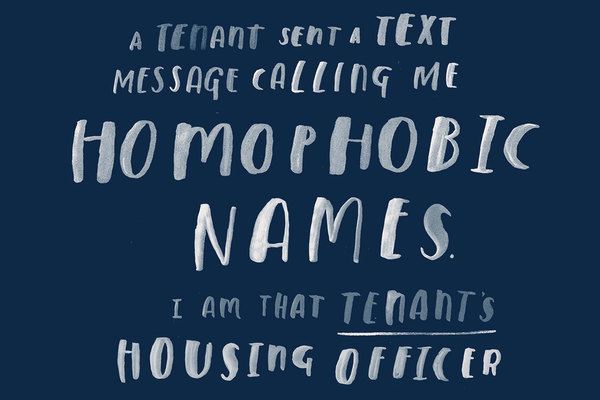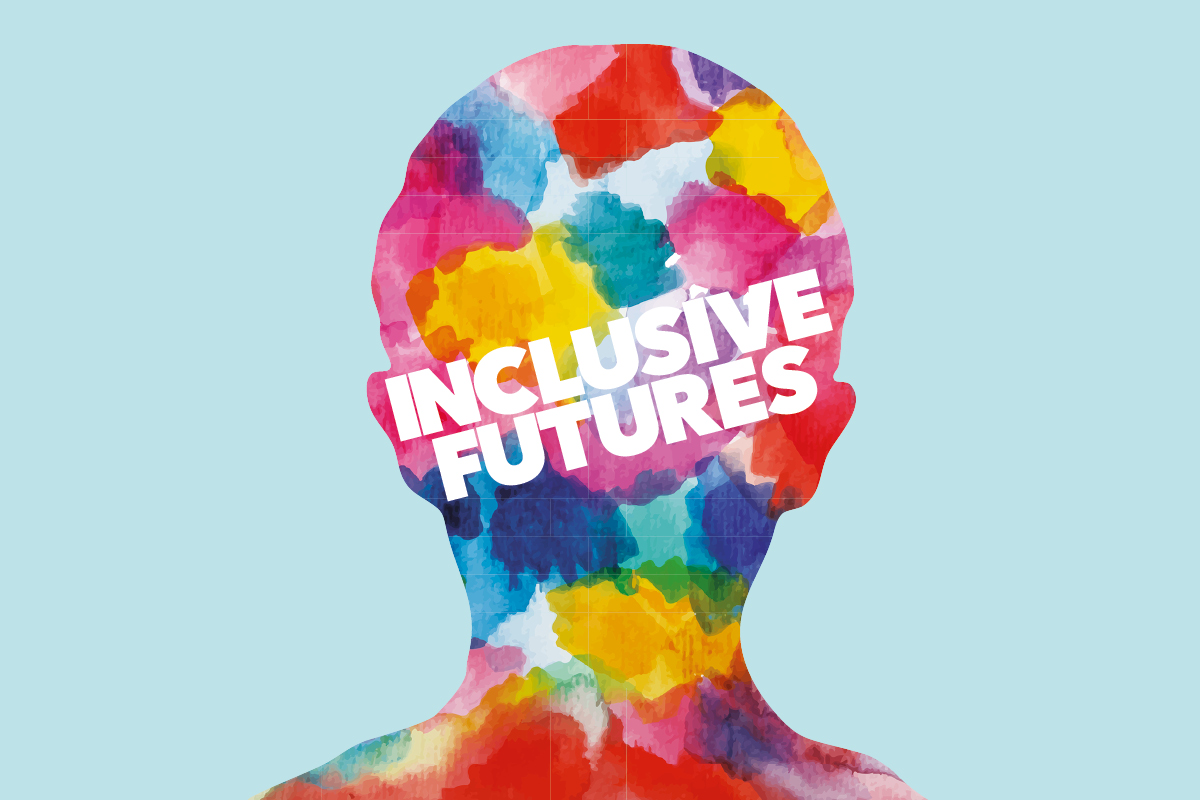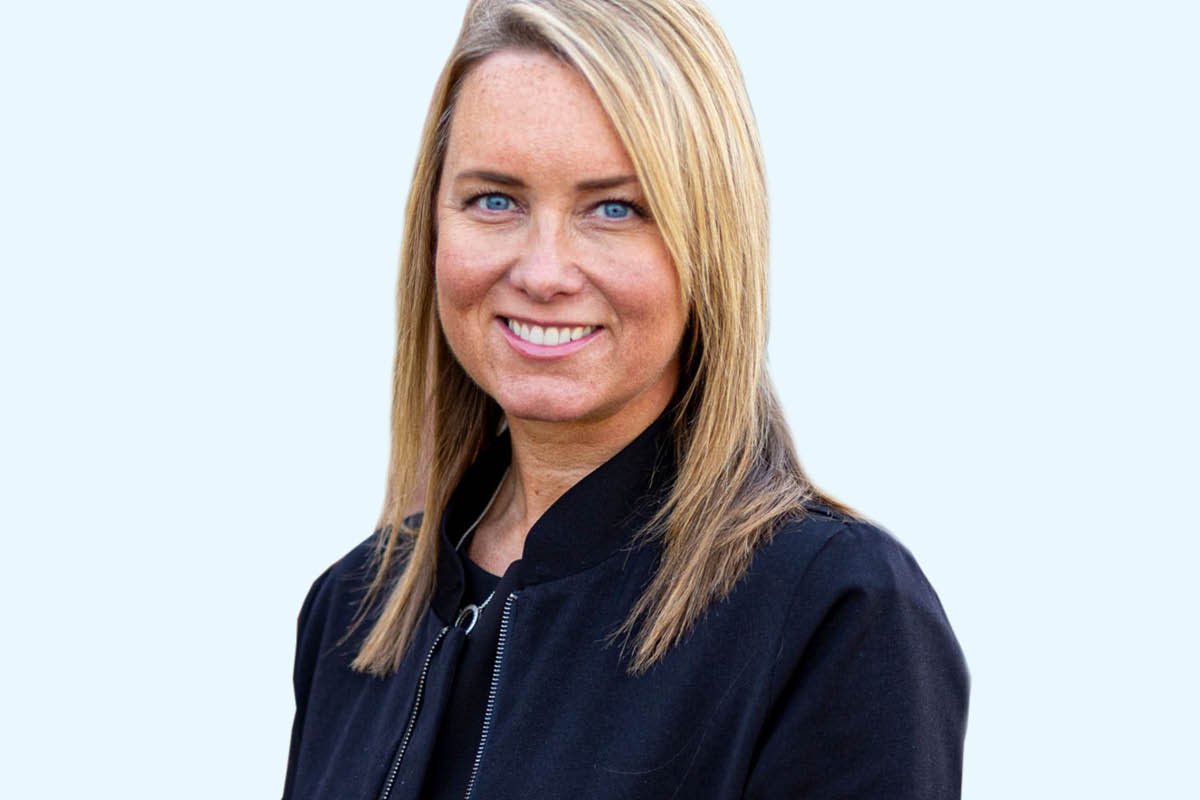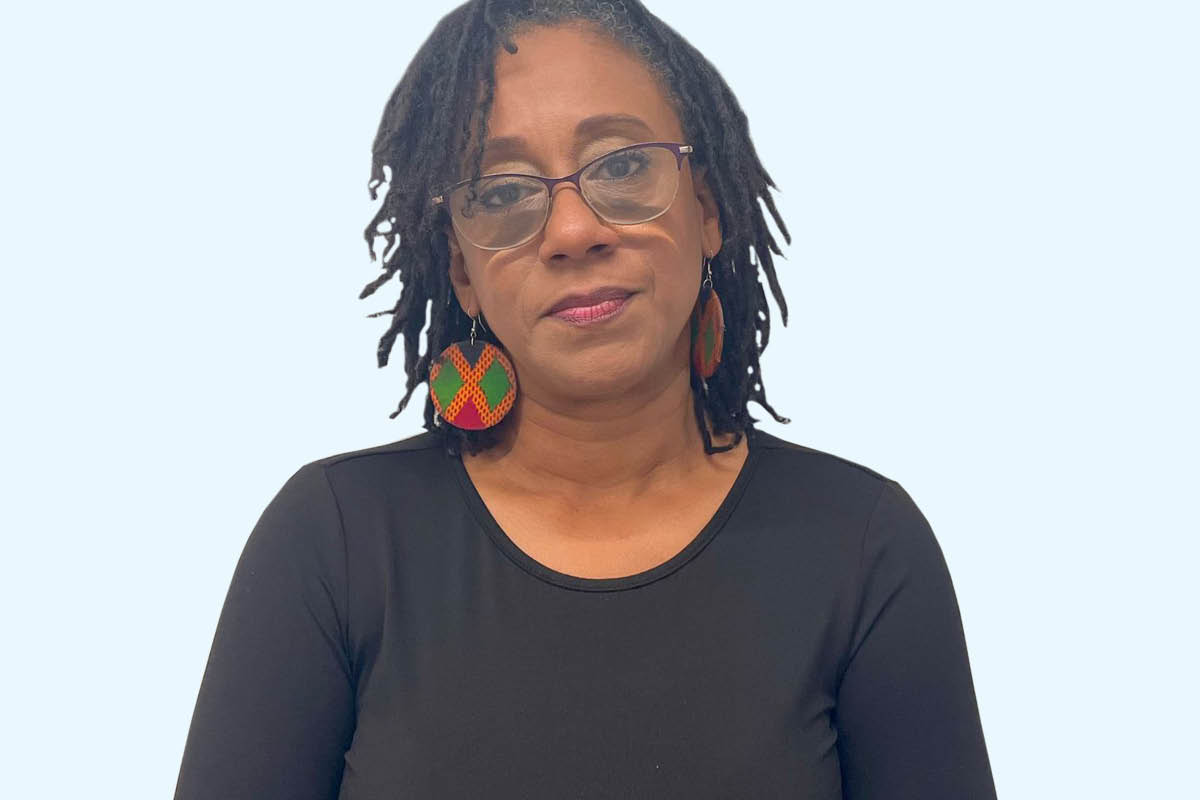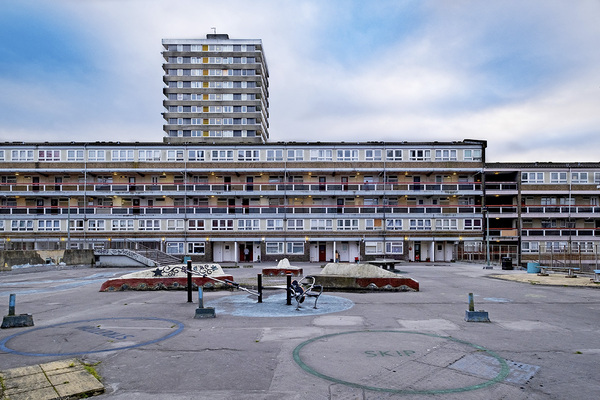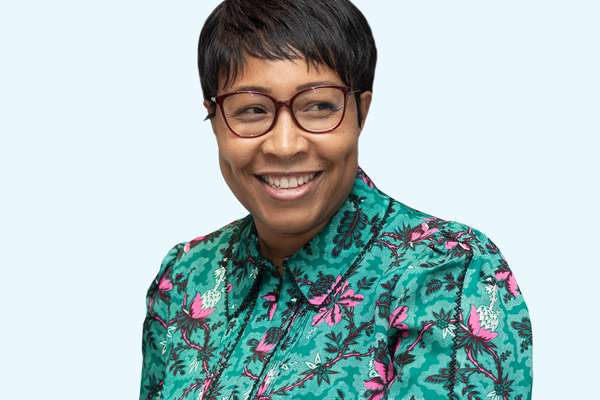Eight shocking statistics: why our survey on discrimination and harassment is necessary
Inside Housing wants you to fill in a survey on discrimination and harassment in the housing sector. Here, Jess McCabe pulls out eight statistics about the problem in the wider economy to show why our work is needed
Inside Housing’s Inclusive Futures campaign has uncovered the sector’s lack of diversity in top jobs.
Now we are looking at the role that harassment, discrimination and smaller ‘microaggressions’ can have.
We don’t know how common these problems are in the housing sector yet – that’s why we’re doing a survey.
But we do know more about the picture in the economy as a whole.
That comes from more anecdotal reports – as these stories of racist workplace microaggressions, or the posts on the Pregnant Then Screwed website reveal.
And we also have these startling statistics:
1. 20% of women and 7% of men in the UK have experienced sexual harassment at work according to a poll by Opinium Research. But that is across the whole of the workforce – our survey aims to find out what the picture is in housing.
That same survey found that the majority of incidents were not reported to the employer. Of those that were reported, the actions taken as a result were a real mixed bag – 18% of employers didn’t even acknowledge reports of sexual harassment by women, and in a third of cases the report was not acted upon.
2. Three-quarters of working mums have faced discrimination for having children – but only one in four have raised the problem with their employers. These numbers come from a survey of 3,000 mothers by the Equalities and Human Rights Commission, back in 2016.
3. An American study of 28 companies found that 88% of performance reviews for women contained critical feedback, compared to only 59% of performance reviews for men.
4. Back in 2015, in a survey of nearly 25,000 British workers, 30% said they had witnessed or experienced racial harassment or bullying at work.
5. A survey in 2015 of black and minority ethnic people working in higher education found that 78% said they were sometimes or often excluded from decision-making. Eighty-two per cent said they were often or sometimes subject to cultural insensitivity.
6. Nearly three-quarters of UK workers feel age discrimination is an issue, with a third of workers believing they have been rejected for a job because of their age. This covers discrimination against the young and the old.
7. A survey by trade magazine Construction News earlier this year found that 59% had heard the term ‘gay’ used as an insult in the workplace, and 28% of LGBT+ respondents had experienced offensive or inappropriate comments being made about their gender or sexuality at work.
8. Statistics on disabled people’s experiences at work are decidedly less up-to-date. One study by the law firm Leigh Day back in 2014 found that 20% of disabled employees felt they had been discriminated against at work.
Obviously it is easy to see the impact that this sort of thing – from microaggressions through to outright harassment and discrimination – can have on the individuals concerned.
But employers need to pay attention for business reasons too. Sixty per cent of 1,000 adults said that a lack of emotional safety at work would make them leave a job immediately, in a survey for the American Center for Generational Kinetics.
To help us build a picture of what the reality is like for people working in housing, please do fill out our survey by 27 March.
Click here to fill in the survey
The survey covers harassment, bullying, stereotyping and other forms of microaggressions, aimed at anyone from a marginalised group.
Jess McCabe, features editor, Inside Housing
Fill in our survey on harassment and discrimination
Inside Housing has launched a survey on the prevalence of harassment, discrimination and negative comments based on identity in the housing sector.
Housing staff can respond to the survey here to tell us about their experiences anonymously.
As part of Inside Housing’s Inclusive Futures campaign, the survey is seeking to find out how common it is for housing staff to experience discrimination, harassment or negative comments based on: age, disability, gender reassignment, race, ethnicity, religion or belief, sex, sexual orientation, marriage and civil partnership, pregnancy and maternity, nationality, and economic background.
Jess McCabe, features editor at Inside Housing, said: “If you have experienced anything like this yourself, or witnessed it in the housing workplace, involving colleagues or residents, then please fill out our survey.”
Responses to the survey will be anonymised and reported in a story later this year. At the end of the survey there is an option to give Inside Housing’s editorial staff your contact details.
Inclusive Futures
Inside Housing’s Inclusive Futures campaign aims to promote and celebrate diversity and inclusion.
We are pledging to publish diversity audits of our own coverage.
We are also committed to proactively promoting positive role models.
We will do this through the pages of Inside Housing. But we will also seek to support other publications and events organisations to be more inclusive.
Our Inclusive Futures Bureau will provide a database of speakers and commentators from all backgrounds, for use by all media organisations.
We are also challenging readers to take five clear steps to promote diversity, informed by the Chartered Institute of Housing’s diversity commission and the Leadership 2025 project.
INSIDE HOUSING’S PLEDGES
We will take proactive steps to promote positive role models from under-represented groups and provide information to support change.
We pledge to:
Publish diversity audits: We will audit the diversity of the commentators we feature. We will formalise this process and publish the results for future audits twice a year.
Promote role models: We will work to highlight leading lights from specific under-represented groups, starting in early 2018 with our new BME Leaders List.
Launch Inclusive Futures Bureau: We will work with the sector to compile a database of speakers, commentators and experts from under-represented groups. The bureau will be available to events organisers, media outlets and publications to support them to better represent the talent in the sector.
Take forward the Women in Housing Awards: Inside Housing has taken on these successful awards and will work to grow and develop them.
Convene Inclusive Futures Summit: Our new high-level event will support organisations to develop and implement strategies to become more diverse and inclusive.
THE INCLUSIVE FUTURES CHALLENGE
Inside Housing calls on organisations to sign up to an inclusive future by taking five steps:
Prioritise diversity and inclusion at the top: commitment and persistence from chief executives, directors and chairs in setting goals and monitoring progress.
Collect data on the diversity of your board, leadership and total workforce and publish annually with your annual report. Consider gender, ethnicity, disability, sexuality, age, and representation of tenants on the board.
Set aspirational targets for recruitment to the executive team, board and committees from under-represented groups.
Challenge recruiting staff and agencies to ensure that all shortlists include candidates from under-represented groups.
Make diversity and inclusion a core theme in your talent management strategy to ensure you support people from under-represented groups to progress their careers.
